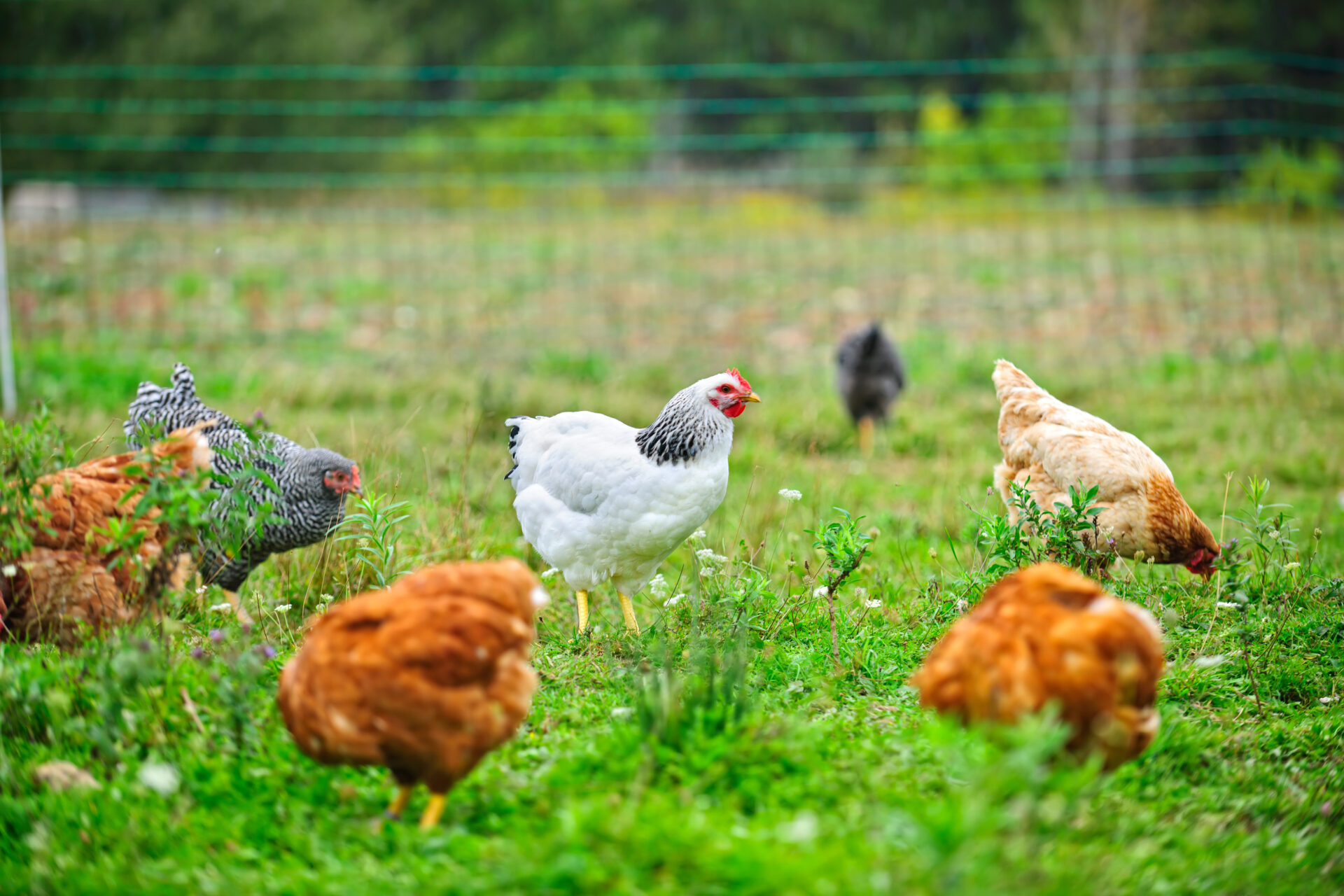The first confirmed case of avian influenza in West Virginia since 2006 has been found in a non-commercial backyard flock in Kanawha County.
According to the state Department of Health, public health risk is limited to those who had direct contact with the birds. The department is working with the West Virginia Department of Agriculture (WVDA) to monitor the exposed individuals to prevent transmission of the virus.
“This virus has been previously identified in surrounding states. It is important to note that the risk of transmission to humans is very low and limited to those with direct contact with the birds,” said West Virginia State Health Officer Dr. Matthew Christiansen. “If you have concerns about your exposure or symptoms, you should isolate at home and contact your primary care doctor and local health department.”
Highly Pathogenic Avian Influenza (HPAI) H5N1, is an airborne respiratory virus that spreads easily among chickens through nasal and eye secretions, as well as manure.
The virus can be spread in various ways from flock to flock, including by wild birds, through contact with infected poultry, by equipment and on the clothing and shoes of caretakers.
Avian influenza does not affect poultry meat or egg products, which remain safe to eat.
Christiansen reminds residents that the confirmed case does not present an immediate public health concern.
“We will continue to follow this closely and provide updates if the risk changes,” he said.
According to the WVDA, the farm is under quarantine to stop the spread of avian influenza to other flocks in the state and the birds and eggs on the farm will not enter the food system.
West Virginia poultry producers are encouraged to increase biosecurity to prevent the spread of the disease. Producers should take the following actions:
- Limit, monitor and record any movement of people, vehicles, or animals on or off the farm.
- Permit only essential workers and vehicles to enter the farm to limit the chances of bringing the virus from an outside source.
- Avoid visiting other poultry farms and any unnecessary travel off the farm.
- Disinfect equipment, vehicles, footwear, and other items that are in contact with flocks.
- Keep your flock away from wild or migratory birds, especially waterfowl.
- Isolate any ill animals and contact your veterinarian.
Appalachia Health News is a project of West Virginia Public Broadcasting with support from Charleston Area Medical Center and Marshall Health.
